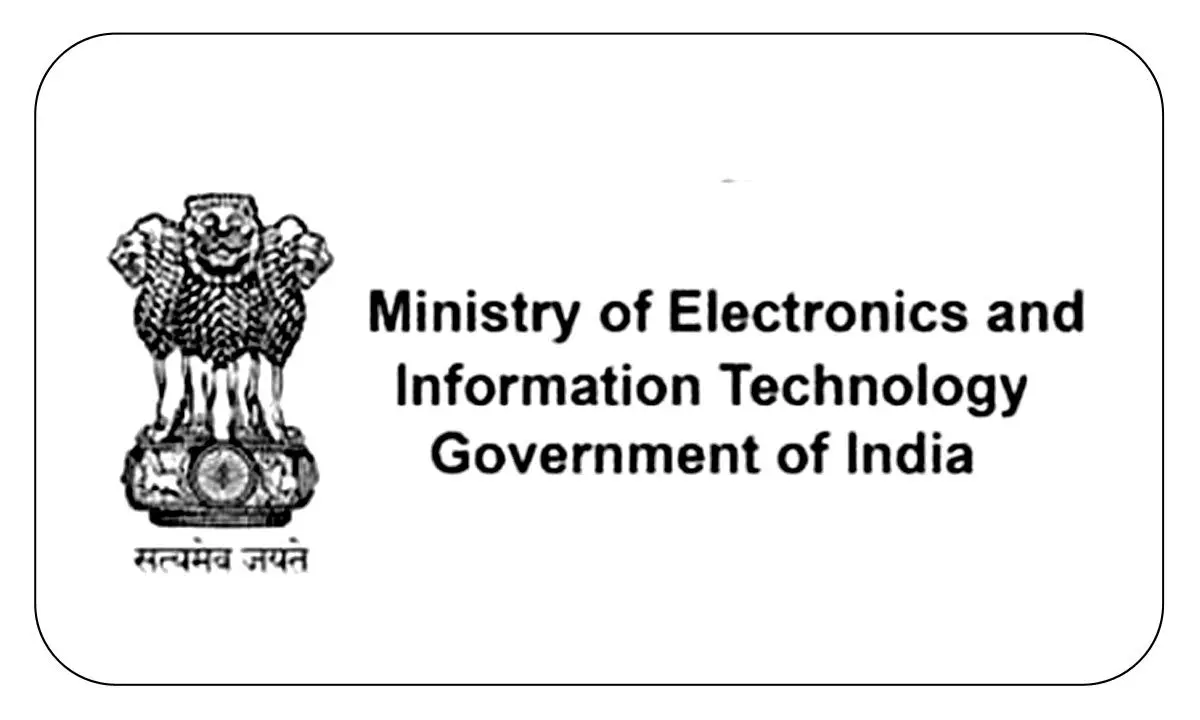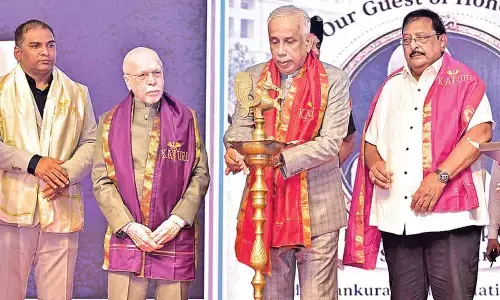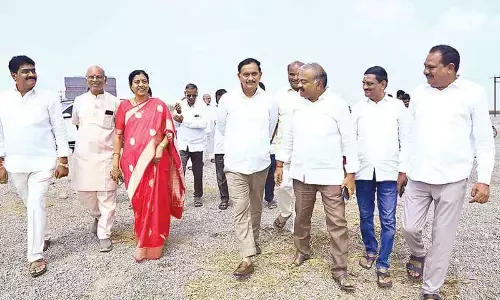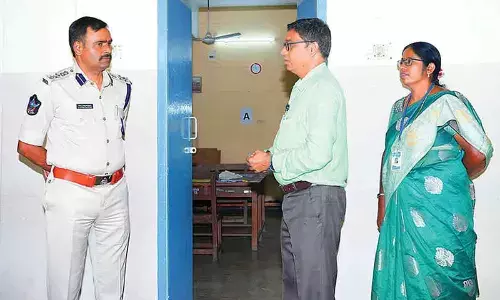MeitY Will Likely Block Offshore Online Betting Sites in India

India’s Ministry of Electronics and Information Technology
India’s Ministry of Electronics and Information Technology (MeitY) might block more than 220 domains including offshore gambling sites.
India's Ministry of Electronics and Information Technology (MeitY) might block more than 220 domains including offshore gambling sites. There were already several websites that were blocked in the country, but there are still more betting companies operating under shell companies.
Some of these betting companies are the ones initially blocked but were able to quickly change domain names to continue offering their services to the Indian locals. The reason why MeitY pushed for this is because of GST evasion and the Foreign Exchange Management Act (FEMA) of 1999 violation.
These betting companies have also been under the Ministry of Information and Broadcasting (I&B)'s radar for allegedly posing as sports websites while promoting online betting and running various ads on OTT and TV platforms.
While there are betting companies that might be blocked soon, there are still other betting sites in India that the locals can access. These are the ones that are operating without violating FEMA and evading GST. However, punters will have to wait and see which site will still be available after the next round of blocking services takes place.
Why Some Online Betting Sites Will Be Blocked
TAM reported that the ads for these sites pretending to be a source of sports news are only fronts for offshore gambling firms. It was also alarming how ads more than doubled since 2021. According to TAM, TV ads grew 20 times in the last two years while ads on digital media grew around 14 times.
Earlier this month, I&B already released an advisory that offshore betting firms like Fairplay News, Parimatch, Betway, Wolf 777, and 1xBet should not be promoted because these are the betting sites that are allegedly promoting gambling in India with a sports news front.
Even in June, the I&B also issued an advisory on promoting online betting platforms. The advisory said:
"Attention is invited to the advisory dated 13.06.2022 to publishers of news and current affairs content on digital media advising them to refrain from publishing advertisements of online betting platforms on online and social media. The online advertisement intermediaries were also advised not to target such advertisements toward the Indian audience.
"The advisory had been issued because betting and gambling are prohibited in most pans of the country and pose a significant financial and socio-economic risk for consumers, especially youth and children. Accordingly, promoting offline or online betting/gambling through advertisements is not advised in the larger public interest."
It's not only because online betting has gained so much popularity and the risks that come with it are high as to why the government is now looking into banning some websites.
In an All India Gaming Federation (AIGF) report, offshore websites are spending around 3,500 crores on ads and promos yearly. That's not all because they are also spending another 500 crores on brand ambassadors which are usually celebrities, athletes, and influencers.
They are also estimating that the revenues made by these companies are higher than these numbers and that is creating a major socio-economic risk for the whole country.
AIGF's CEO, Roland Landers, also said that even if these betting companies only entered the local markets a few years ago, their businesses now have an estimated value of over 5 lakh crore.
Will Online Betting Be Fully Banned in India Then?
Before we get into what lies ahead for India's online betting industry, it's worth pointing out that online betting is not exactly legal or illegal in the country.
All gambling activities in India are regulated by the Public Gaming Act of 1867. This law was created and passed when the internet was still a thing of the future, so it has nothing on online gambling activities.
One may think that the Information Technology Act of 2000 has something on real money gaming, but this isn't the case. After all, online gambling was still in its infancy when this law was passed and was most likely not prioritized back then.
With all that, online gambling has been in the gray area forever, but this might have to change soon. It is estimated that there are over 400 million people in India who would gamble online each year, and this is no longer easy to ignore.
In fact, states like Tamil Nadu have already imposed a blanket ban on online gaming because the local government is concerned about its risks. According to them, there are now many reports of suicide due to huge financial loss, and even students are impacted by the rise of online gaming.
So, online betting fans and the ones in the industry are probably now wondering if India will fully prohibit such activities. However, even if MeitY is the one leading the possible blocking of these illegal offshore sites, it has a task force that is preparing to submit a report on why the online gaming industry in India should be regulated instead.
The said task force set up by MeitY includes the CEO of the government think tank, NitiAayog, and the Secretaries of Ministries in Information Technology, Home, Finance, I&B, and consumer affairs.
This inter-ministerial task force is proposing national-level legislation to regulate the online gaming industry. This includes the creation of a regulatory body that will oversee all online gaming activities and clearly define which games are considered "games of skills and chance."
If this happens, any online gaming platform offering real money online games will have to be a legal entity under Indian law. This includes local and offshore online gaming companies. They will also have to be treated as reporting entities under the Prevention of Money Laundering Act of 2002.
Any suspicious transactions are also required to be reported to the Financial Intelligence Unit of India.
The task force suggests that MeitY can very well be the nodal ministry to regulate the online gaming industry, but the e-sports sector can be led by the Department of Sports instead. Meanwhile, any online gaming advertisements can be regulated by the I&B. For unfair trade practices, the Consumer Affairs Ministry can regulate this sector instead.











